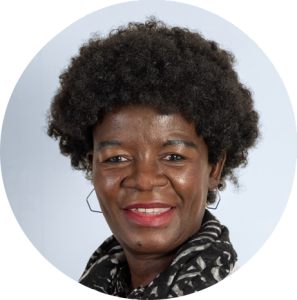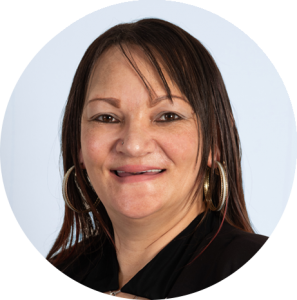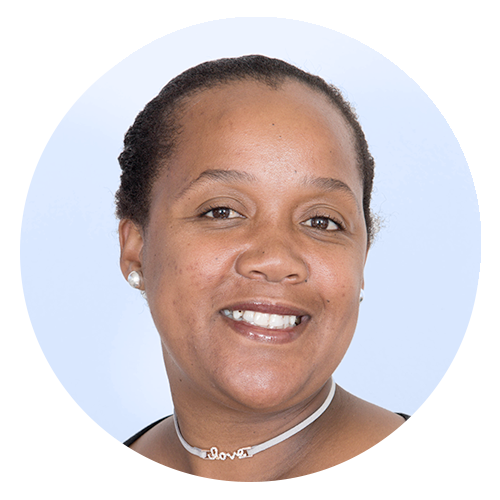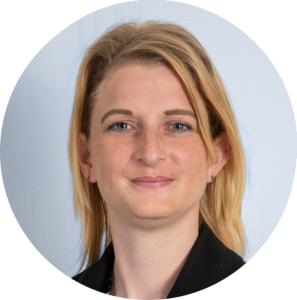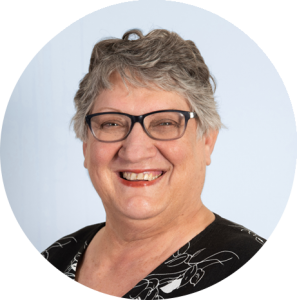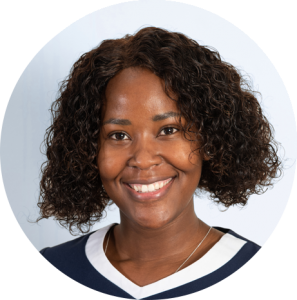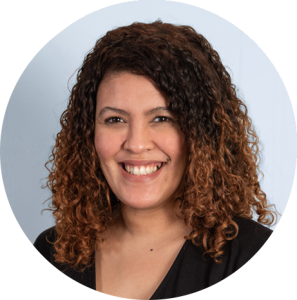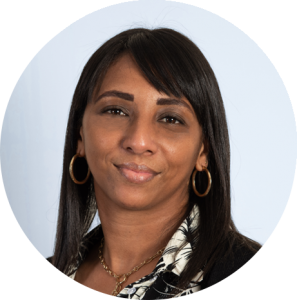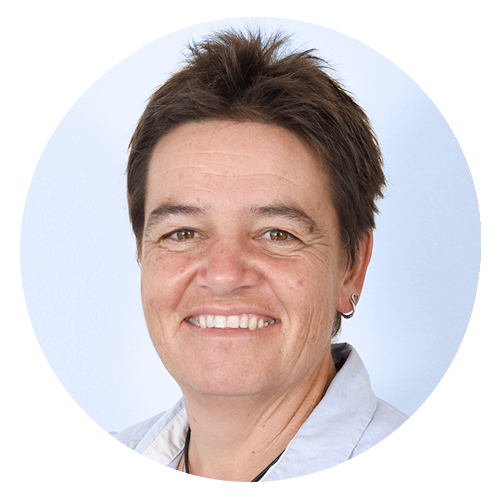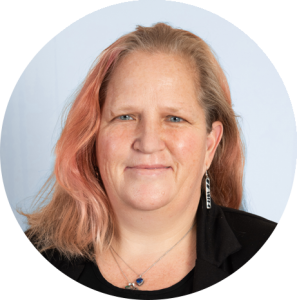Practice Profile
Dr Matley & Partners is the largest surgical partnership in the country. We are a full partnership of 5 specialist surgeons covering the entire spectrum of general, vascular, oncology and specialist GI surgery. The practice has provided 24-hour surgical cover for the southern suburbs of Cape Town since 1976 under the previous leadership of Dr Garron Caine and Dr Peter Jeffery who established the practice ethos and reputation. We provide surgical care at Life Kingsbury Hospital.
We have had the opportunity to review our own outcomes and costs versus other surgeons and the expected norms through engagement with various funders and through Barry Childs at Insight Actuaries. Whereas we tend to charge fees that are higher than average, there is good evidence that we are excellent at controlling downstream costs. With reduced hospital and ICU stays, theatre time and readmission rates and a remarkably small spend on radiology and pathology, we have confidence that we competitively cost-effective. Provider contracts with our practice are therefore likely to save schemes a lot of money and have led to all of our various contracts being renewed by the funders without any hesitation for 2018. Data collected as part of the Discovery Health / Surgicom Surgeon Quality Report has confirmed for two years in a row (2016 and 2017) that our practice is far and away the most efficient surgical practice in the country.
The practice has established a country-wide reputation for providing highly specialized vascular, GI and oncology care. Several of our partners have super-specialist qualifications and expertise in these areas. A large number of our patients are referred to us by other specialist surgeons. They recognize the value of a team of experts providing surgical care in a tertiary referral “Centre of Excellence”. In particular we provide this service for surgeons in the Eastern Cape, Namibia, Mauritius, St Helena and other African countries as well as the Western Cape. We have been assisted in this by the development of well-recognized specialist units within the hospitals were we work such as the Kingsbury Vascular Unit. Vascular care within the southern suburbs has been centralized there for more than a decade, creating a high-volume dedicated unit. There is very good evidence that high-volume specialized units are associated with better clinical outcome and reduced cost.
The practice has always taken a leadership role in surgery in this country. Professor Baigrie is a past-president of the Association of Surgeons of South Africa (ASSA) as well as a past-president of the Society of Laparoscopic and Endoscopic Surgeons (SASES) and FOSAS (the Federation of South African Surgeons). Dr Matley is Chairman of Surgicom PTY (Ltd), as well as a past Chairman of FOSAS and of the Vascular Society of Southern Africa (VASSA). Dr Tunnicliffe is President of the VASSA and Dr Forlee a member of the VASSA Exco. Dr Ndhluni holds an advisory appointment to the Cancer Association of South Africa and is a member of the Association of Surgeons executive committee. Dr Oodit serves on the Exco of SASES and is a past director of Surgicom PTY (Ltd). He is a previous head of the Hernia Interest Group in the Association of Surgeons and is the lead surgeon for ERAS (enhanced recovery after surgery) in this country.
The practice has always maintained very strong links with the Surgery Department at the University of Cape Town. Following the appointment of Dr Maree we have increasing links with the University of Stellenbosch. In 2010 Robert Baigrie was appointed an Adjunct Professor of Surgery at UCT, a rare honour for an individual in predominantly private practice. Most of our partners have regular teaching or clinical commitments at Groote Schuur. In addition to undergraduate training, the partners of the practice are very involved in post-graduate surgical training and are regularly asked to contribute to departmental academic programmes and in particular, to the annual UCT Surgical Update congress. These close links assist us in maintaining the highest academic standards within the practice as well as affording us the opportunity of contributing to the training of tomorrow’s surgeons. This process assists us in carefully selecting future partners by watching the development of surgical trainees over several years.
Several of our partners are on the examinations board of the Colleges of Medicine of South Africa including the examinations for the super-specialist qualifications of Certificate in Vascular Surgery (Dr Matley) and Certificate in Surgical Gastroenterology (Professor Baigrie). Dr Matley is chief moderator for the examination for the Certificate in Vascular Surgery.
We have considerable experience in organizing both local and international congresses and workshops including liaising with international societies, the medical devices industry and local organisers as well as establishing international training fellowships.
Dr Matley & Partners provides an annual Travelling Fellowship to the Department of Surgery at the University of Cape Town to enable a senior registrar to travel to Europe or the USA and work in a center of excellence in their chosen field. This fellowship is currently worth R50 000 and was established to honour our founding partner, Garron Caine OBE.
Several of the partners serve on various advisory committees in the three hospitals in which we work. Dr Matley is the Chairman of the Board of Life Kingsbury/Claremont Hospital. This involvement allows us to use our considerable clinical and administrative experience in matters such as antibiotic stewardship, formularies and appropriate use of resources.
Within the practice, the partners keep up to date by attending several international and local congresses each year. Many of the partners are regular members of the faculty of such congresses and regularly contribute at international meetings. At the biennial meeting of the Association of Surgeons, the number of papers delivered and sessions chaired by our surgeons equals that of any of the large university departments. In addition to this, we provide training for our staff and in particular our team of seven nurses. Dr Cullis was responsible for establishing a weekly CME meeting at Wynberg Surgical Clinic in the 1990s and this continues to this day at the Kingsbury hospital. Our partners are regular speakers.
The practice has always been involved in clinical research. This produces papers presented at local and international meetings, as well as publications in peer-reviewed journals. Dr Matley’s research project utilizing duplex doppler rather than angiography for peripheral angioplasty was presented in Paris in 2010. The practice conducted one of the few good randomized trails of laparoscopic anti-reflux surgery as well as an audit of laparoscopic hernia repair. Dr Forlee’s article on the diabetic foot and Dr Ndhluni’s article on Benign Breast disease made it into the best of CME 2010 and best of CME 2009 editions respectively. Dr Forlee has recently published results of a wound care trial performed in conjunction with Smith and Nephew in an international wound care journal and presented the data at an international wound care meeting in Tokyo in June 2018.
We keep the family practitioner closely involved in patient care and have a reputation for particularly good communication with them. Medical reports are rapidly generated and for new patients can be emailed or faxed usually within 24 hours of the patient being seen. In addition we are very involved in GP education. We regularly speak at family practitioner CME events and twice a year produce an “Update” publication which is distribute free of charge to 1200 doctors. These can be accessed on our website at sugeons@surgcare.co.za.
We have regular morbidity and mortality meetings in our quest for clinical excellence. With very sophisticated IT systems we are able to specifically audit areas of interest. Partners are required to capture any complications in our data base before being able to release a surgical account. This has enabled us to establish a very effective clinical audit. The Health Market Inquiry recently stated that no such audit exists in private practice. This is simply not so. Our practice has taken the leadership in clinical audit and outcomes reporting.
Our practice, under the leadership of Ravi Oodit has led the introduction of the Enhanced Recovery After Surgery programme in this country. This multi-disciplinary evidence-based approach provides better clinical outcomes with proven cost reduction (data on file from Discovery Health). This is revolutionising surgical practice and having been established in our practice for more than 5 years, will be rolled out to include an additional five practices in 2019.
The thirteen partners work together in four cohesive teams. We assist each other in all major surgical cases. There is a built-in peer-review process here as the conduct and performance of each of us is open to scrutiny and comment from our peers at all times as we strive for the highest ethical and academic standards. Partners meet once a month at a formal partner’s meeting where both clinical and administrative issues are addressed.
We currently perform approximately 3500 endoscopic procedures per year in six well-equipped endoscopy suites within our rooms. We have highly trained and experienced endoscopy nurses. Endoscopic examinations in hospital tend to be reserved for the occasional critically ill patient who cannot be moved. Most of the in-patients that we scope are still scoped within our consulting room environment. We have an outstanding safety record for this. Endoscopy outside of the hospital environment is associated with considerable cost savings for funders.
We have been the country’s leader in non-invasive vascular assessment for more than 25 years. We currently employ three highly trained sonographers operating four colour-flow duplex units in three hospitals. The vast majority of our vascular assessments are based on out-patient ultrasound evaluation. We seldom have to resort to expensive investigations such as CT or MR angiography and virtually never perform diagnostic angiography. These latter investigations are still frequently performed throughout this country because of poor access to top-quality duplex scanning. There is no doubt that we save millions of rand per year by simply not utilising these expensive investigations.
We have a very sophisticated main-frame based computer system that runs the practice and holds more than 160 000 patient records. We have developed our own unique practice management software over more than 30 years including an exclusively electronic patient record system which was established in 1989, making it one of the first such systems in the country. This has enabled us to participate in pilot projects with funders. We routinely generate a procedure form with all the clinical and procedural details including procedure and ICD10 codes. This is immediately available for funders. We believe that greater collaboration, and utilisation of our sophisticated systems will considerably reduce the need for complex pre-authorisation processes. This provides the potential for further cost saving. The quality of service is one of the most direct factors influencing the cost of healthcare. The Royal College of Surgeons of England is working toward improved methods of ensuring high standards in surgical practice through public reporting of operation outcomes. Programs have been initiated in many other countries with the explicit aim of audit and measurement of outcomes to the level of individual facilities and care providers. We are appreciative of the interest that schemes have in the advancement of this concept in the local healthcare market and in principle we support any initiative to further this effort. The process of comparative audit poses challenges with regards to meaningful statistical data. Deciding which operations define a surgeon’s ability or is performed frequently enough to get statistically meaningful data is difficult. Defining outcome results that balance clinical and cost consideration is also important. We acknowledge the difficulties in defining data points, adjusting for risk profiles, variation in data quality, subjectivity of the patient experience, and the ethical considerations in defining the audience for publishing results. The statistical tools need to be sophisticated enough to take these problems into account. We are aware of the work that schemes have put into developing algorithms for these measurements and we are sure this would be refined even further over time. However, we are confident in our view that even a basic analysis would demonstrate the very real cost savings our practice is able to achieve. In 2014 we established a fibre-optic network connecting our various consulting rooms for greater speed and efficiency. Our IT systems were presented at the Discovery Health Thought Leadership Summit in 2014 to great acclaim following which we have presented this at numerous medical meetings.
Our practice is fully BEE compliant and has an established employment equity program.
Pioneers
A brief history of endoscopy in our practice
In 1972 Prof Jannie Louw arranged with Dr Solly Marks, Head of the GI Unit at GSH, for a surgical registrar to have endoscopy training. In 1975, as Prof Louw’s senior reg, Peter Jeffery (our practice founder) ran a GSH endoscopy session that continued until 1988 when he turned to vascular surgery. They used a front viewing Olympus scope if a duodenal ulcer was suspected, and a side viewing scope if gastric pathology was more likely.
Later, angled front viewing scopes allowed visualisation of both the stomach and duodenum. In 1977 Syd Cullis joined the practice and he and Peter started private practice endoscopy. At this time Solly Marks was the only other private practitioner doing endoscopy. We could not afford a new Olympus scope (about R8000 at the time) and Solly Marks sold us his ACMI gastroscope for R1 300, which he had recently replaced with an Olympus. It employed a joystick control as opposed to a ratchet wheel and was 15mm in diameter as opposed to the 8mm of current scopes. We performed our first scope in the small kitchenette in our Wynberg rooms. Suction was provided with a manual foot pump.
In early 1980’s, we bought a new Fujinon scope for about R7500. At the time the scope fee was about R58.00, which meant only 150 scopes to pay off the instrument.
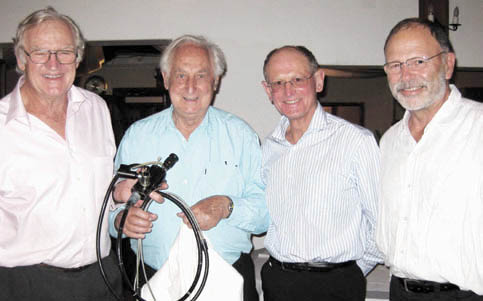
With the practice’s first Fujinon scope:
Peter Jeffery, Solly Marks, Syd Cullis, Philip Bornman
Confidence grew in the 1980’s and slowly we became the major endoscopy practice in the Southern Suburbs, Central Cape Town and Sea Point. We offered a service to the provincial hospitals using our own equipment, Somerset, Victoria, Woodstock, Conradie and Fish Hoek Hospitals. This entailed taking our scope and accessories with us. Syd used to make a monthly trip to Swellendam to do a scope list in the local hospital.
In the early 1980’s a colonoscopy service was introduced – initially at our City Park rooms, then at Constantiaberg, Vincent Pallotti and Wynberg. In the late 1980’s Syd started doing private ERCP’s n the radiology suite of Dr Levin & Partners (now Dr Tuft & Partners). The move to Harfield House enabled us to design our own endoscopy suite and this coincided with the introduction of video endoscopy. Subsequently the same happened at our Constantiaberg and Vincent Pallotti rooms.
Today we have 2 endoscopy suites at our Kingsbury rooms with 3 scoping partners and 2 nurses. We continue to provide an ERCP service and in 2009 introduced Transanal Endoscopic Microsurgery (TEO) into the country.
Team



